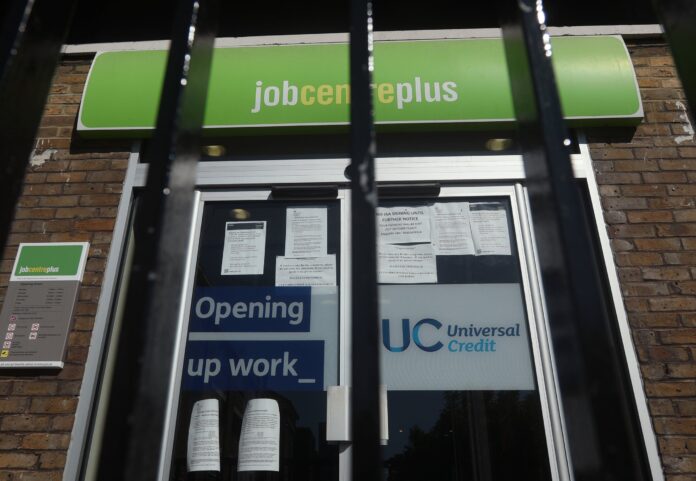
As the September claimant count is released today, showing the significant increase in benefit claimants since March 2020, a major research project into the benefits system during the Covid-19 pandemic has found that that the socio-demographic profile of new claimants differs considerably from those who were claiming benefits before the outbreak.
The latest findings from research at Salford University show that people who have started benefit claims since the pandemic are more likely to be, younger
BAME,male, not experiencing a disability, from a higher ‘social grade’: ‘social grade’university graduates and homeowners:
The report comes from the Welfare at a (Social) Distance project; a major national research project investigating the benefits system during Covid-19 and its aftermath.
The project is led by the Sustainable Housing & Urban Studies Unit (SHUSU) at the University of Salford, working in collaboration with the University of Kent, the University of Leeds, the LSE and Deakin University, Australia.
This study draws on survey data collected online from 7,601 new and existing claimants by YouGov between 21st May and 15th June 2020.
Dr Daniel Edmiston, who led the report stated:
‘Examining our survey data alongside administrative records, we have been able to establish whether there is something genuinely distinctive about the new COVID-19 cohort of benefit claimants. Where administrative records are not publicly available, our survey data provides a unique opportunity to evidence changes in the demographic profile of benefit claimants. Our findings underline the need for social assistance and employment support that is better tailored to this diverse new cohort of benefit claimants.’
Professor Lisa Scullion, who leads the project, said:
‘We’re delighted that this project is already meeting our aim of providing rapid large-scale evidence for policy makers on the challenges facing our welfare benefits system. It is vital that we understand how people are managing to navigate the benefits system, and what support they may need in order to do so.
‘Understanding who is claiming benefits is key to this. We do not know whether the current cohort of benefit claimants will be the same as forthcoming waves of claimants as the full effects of COVID-19 are felt: the reasons motivating new claims will be subject to the distinctive phases of economic crisis surrounding the pandemic. However, these phases can and should be anticipated to ensure support services are in place for the increased and changed demand on the benefits system that is likely on the horizon.’






